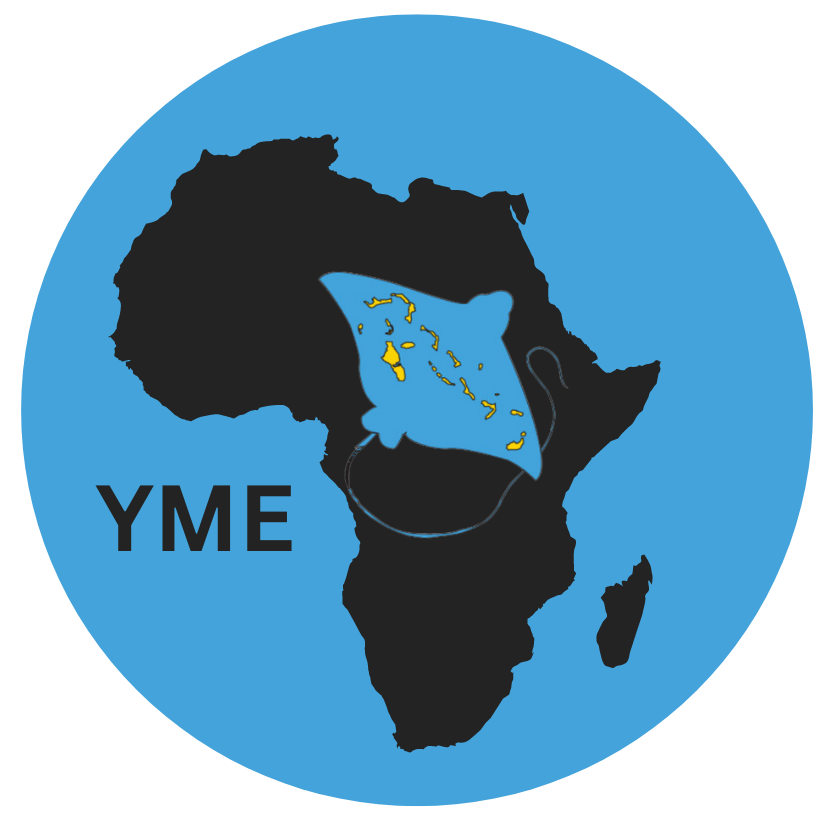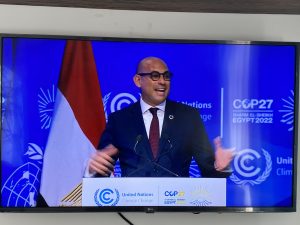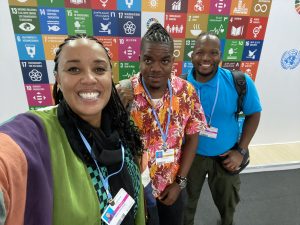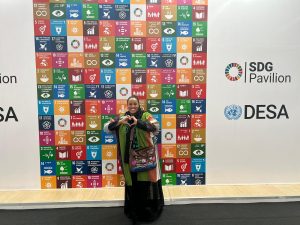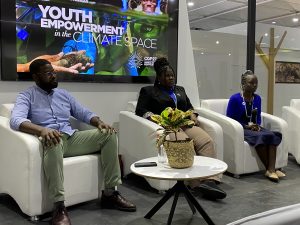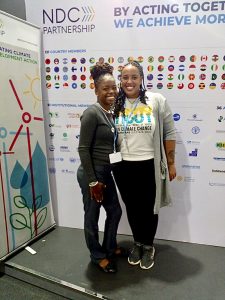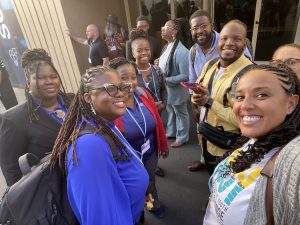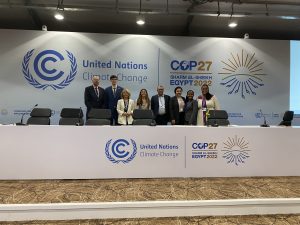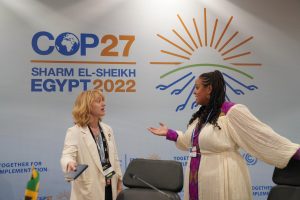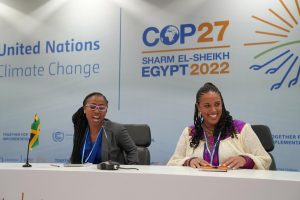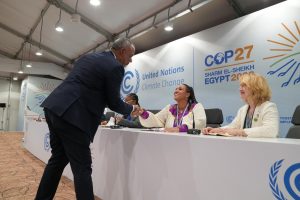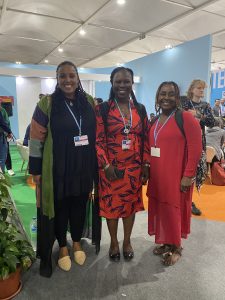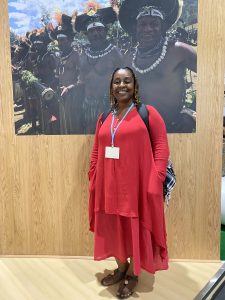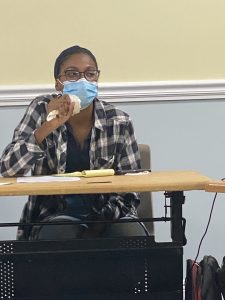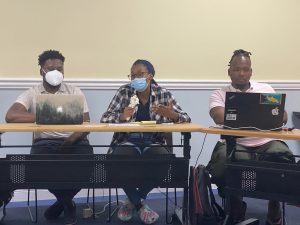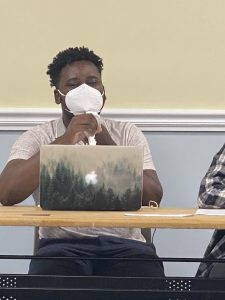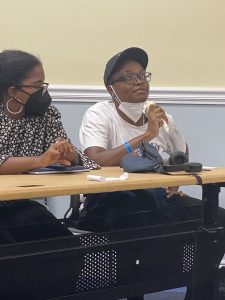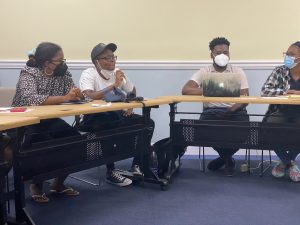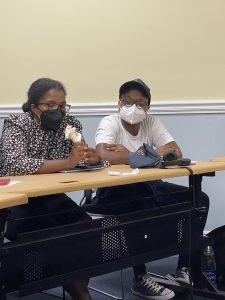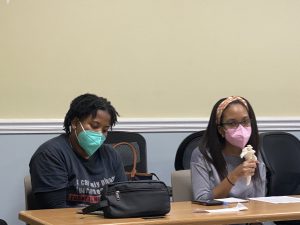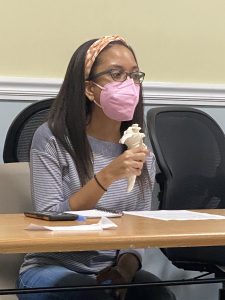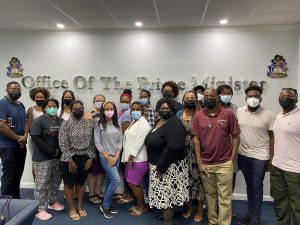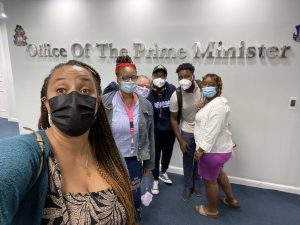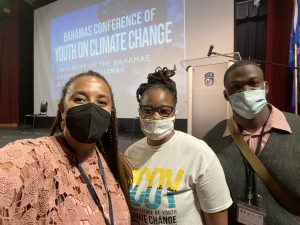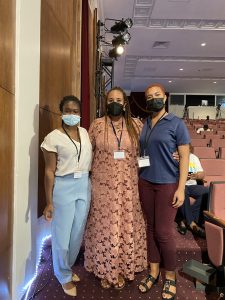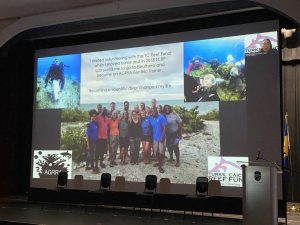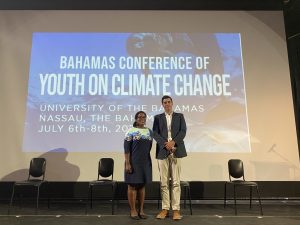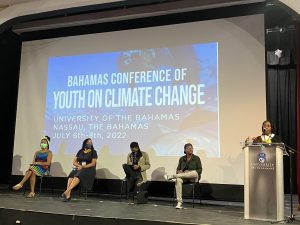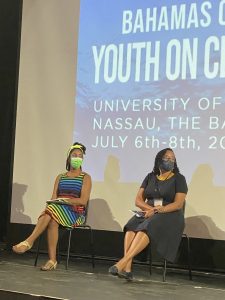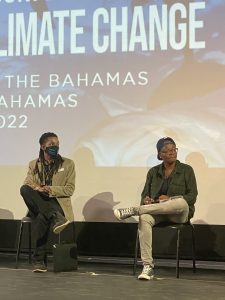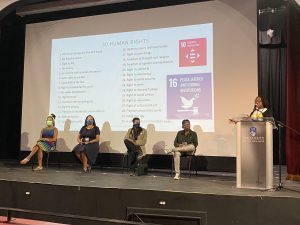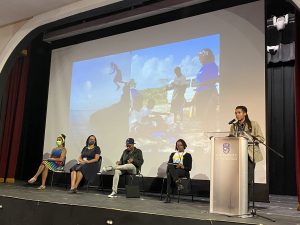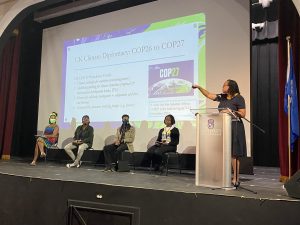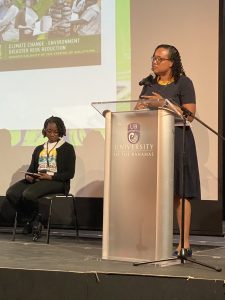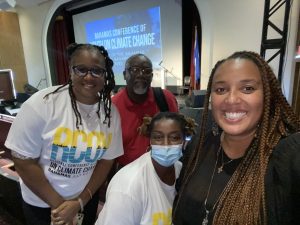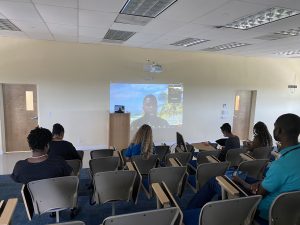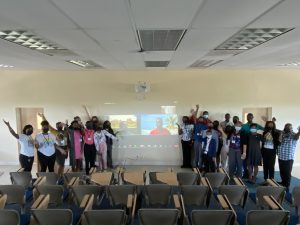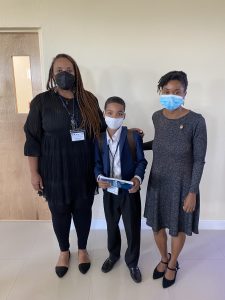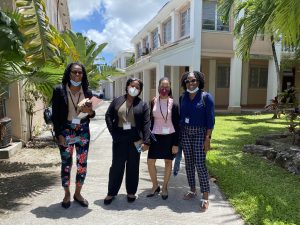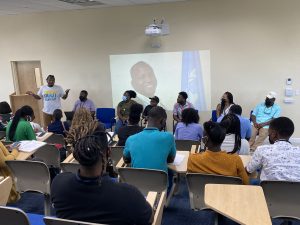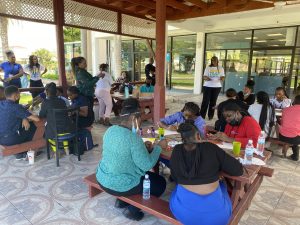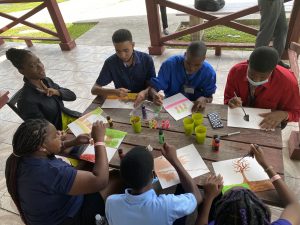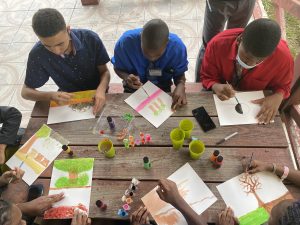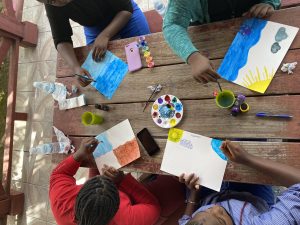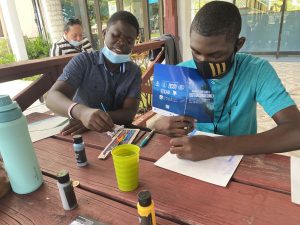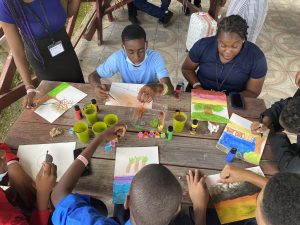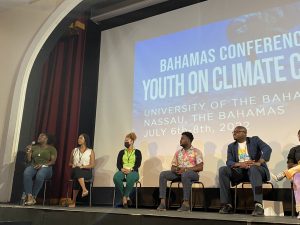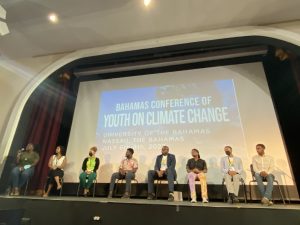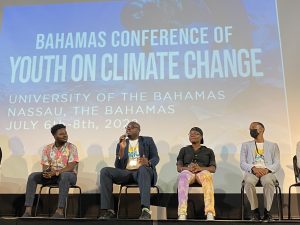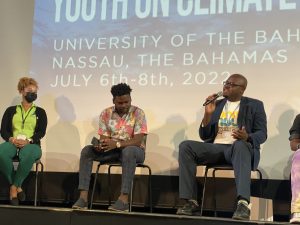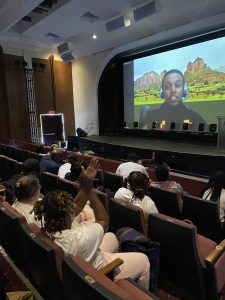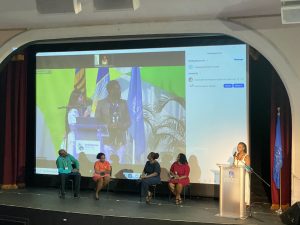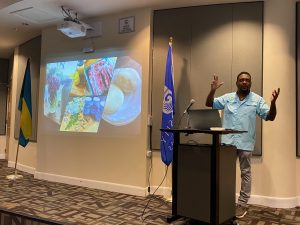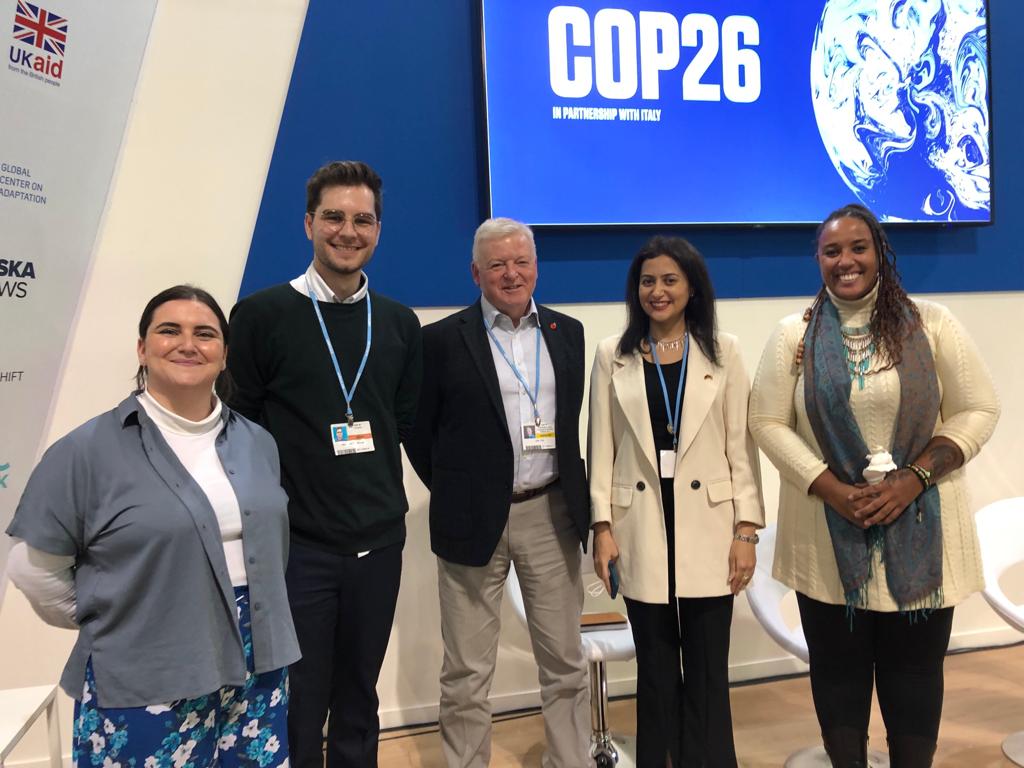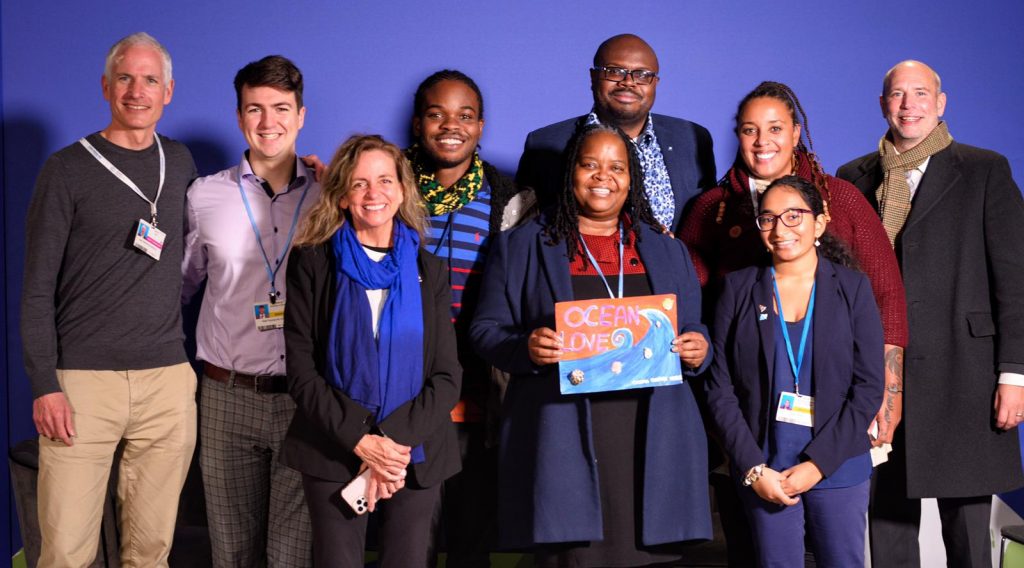N. Charles Hamilton, MPH, CICI Policy Team Lead, addressed the press answering the following questions:
What is this climate crisis declaration?
The goal of a Climate Crisis Declaration is for governments to adopt, at the highest level, their acknowledgment and commitment for action to address climate change and the broader ecological crisis. The idea for these kinds of declarations first started in the city of Darebin, Australia—whose city government passed the first declaration of a climate emergency in December 2016. As of July 17, 2019, 19 countries, 1007 governments (primarily the local level) have passed a climate emergency declaration. The Bahamas, by making this declaration, will show itself to be a leader, as the first small island developing state and the seventh country at a national level to adopt this stance.
How was this declaration produced?
What makes this declaration even more powerful is the process by which this declaration was made. CICI Thought Leaders – Bahamian Youth – played the leading role in drafting this declaration. Our first think tank was held last Saturday, September 14th at Venture Coworking – bringing together Bahamians from Abaco, Andros, Cat Island, Eleuthera, Grand Bahama Harbour Island, Long Island, New Providence, in addition to members of the Bahamian diaspora and international partners.
CiCI Bahamas thought leaders span various strata of society from fisherman, engineers, scientists, teachers, realtors, economists, public health, activists, and community members, and represent youth and the young at heart, who will be inheritors of a Bahamas and a planet that has to cope with the effects of climate change. At our think tank, these passionate people developed the first draft of this declaration, and then our CICI Policy Team refined the final draft which was shared with the media, The Bahamian public and our world.
Bold and immediate steps will be required from 2019 and beyond to ensure that The Bahamas and our people will be able to experience climate justice and CICI Bahamas will be there along the way to ensure that our community needs and national policies align for the future of our country.
Authors: CICI Bahamas Think Tank and Policy Team: N. Charles Hamilton, Nikita Shiel-Rolle, Angel Hjarding, Orchid Burnside, Dorlan Curtis Jr., Michael Bowleg, Kearney Coupland, Ashley Miller, Chauntez Wilson
Be it resolved that this House recognises that:
- The Bahamas is facing an impending and existential threat due to climate change;
- climate change is a real and urgent crisis; it is driven by human activity that directly and disproportionately impacts the citizens, residents, visitors, environment, biodiversity, infrastructure, culture, and economy of The Bahamas;
- climate change significantly impacts Small Island Developing States (SIDS) and low lying coastal communities, like The Bahamas, and other countries across the Caribbean and the world, rendering them particularly vulnerable;
- Bahamians, residents, and visitors have and continue to experience the cataclysmic effects and impacts of climate change, such as: sea-level rise, hurricanes, heat waves, coastal erosion, ocean acidification, loss of coral & marine ecosystems and resources, reduction of biodiversity, food and water insecurity, and re-emerging & new illnesses, all of which significantly impair physical health, mental health, well-being and socio-economic development across our communities;
- climate change has powered the increased frequency and intensity of extreme weather events, specifically catastrophic hurricanes – such as Joaquin (2015), Matthew (2016), Irma (2017) and Dorian (2019), some of the strongest tropical cyclones to develop in the Atlantic basin, which have brought devastating floods, severe rainfall, extreme wind, structural damage, financial loss, displacement of people and families, personal injuries, increased disabilities, and loss of life to our communities;
- Category 5 hurricanes like Dorian, are projected to be an unwelcome future norm and will require a significant change in how we approach issues related to development, climate change mitigation and adaptation, disaster response and risk reduction, environmental protection and climate resilience;
- moving forward, data-driven and sustainable action is critical to the survival of the citizens and residents of The Bahamas and the future of our islands;
Therefore, let the House declare that The Commonwealth of The Bahamas is in a national climate emergency which requires a commitment to mobilising resources and prioritising policy as it relates to the mitigation and adaptation of climate change in our country.
Furthermore, we declare that immediate and bold action by The Bahamas, other SIDS, and the international community is required to address this climate crisis. National, regional, and global strategic partnerships are essential to strengthen policy as it relates to climate resilience and emergency response systems.
We recognise and welcome the work of the Intergovernmental Panel on Climate Change (IPCC) and call for action from all parties to the United Nations Framework Convention on Climate Change (UNFCCC), to undertake mitigation actions based on the principle of common, but differentiated responsibilities and respective capabilities, to avoid any further increase of global temperatures.
We reaffirm our commitment to national and international environmental policies, agreements and standards we have subscribed to such as, but not limited to:
- The United Nations Framework Convention on Climate Change (UNFCCC), including the Paris Agreement
- The 2030 Agenda for Sustainable Development (SDGs)
- The SIDS Accelerated Modalities of Action (SAMOA) Pathway
- The Convention on Biological Diversity
- The Ramsar Convention
- The Sendai Framework for Disaster Risk Reduction
- The Regional Comprehensive Disaster Management (CDM) Strategy and Programming Framework 2014-2024
- The Bahamas National Policy for the Adaptation to Climate Change
We commit to establishing and achieving national adaptation targets to create sustainable infrastructure and prevent the most catastrophic effects of climate change, including the reduction of greenhouse gas (GHG) emissions.
Finally, we commit to becoming a leader of climate change advocacy and to engage all critical stakeholders, in particular, the youth – for whom this action is most essential – in the restructuring and cultivation of a thriving planet that supports a global community of thriving people.
